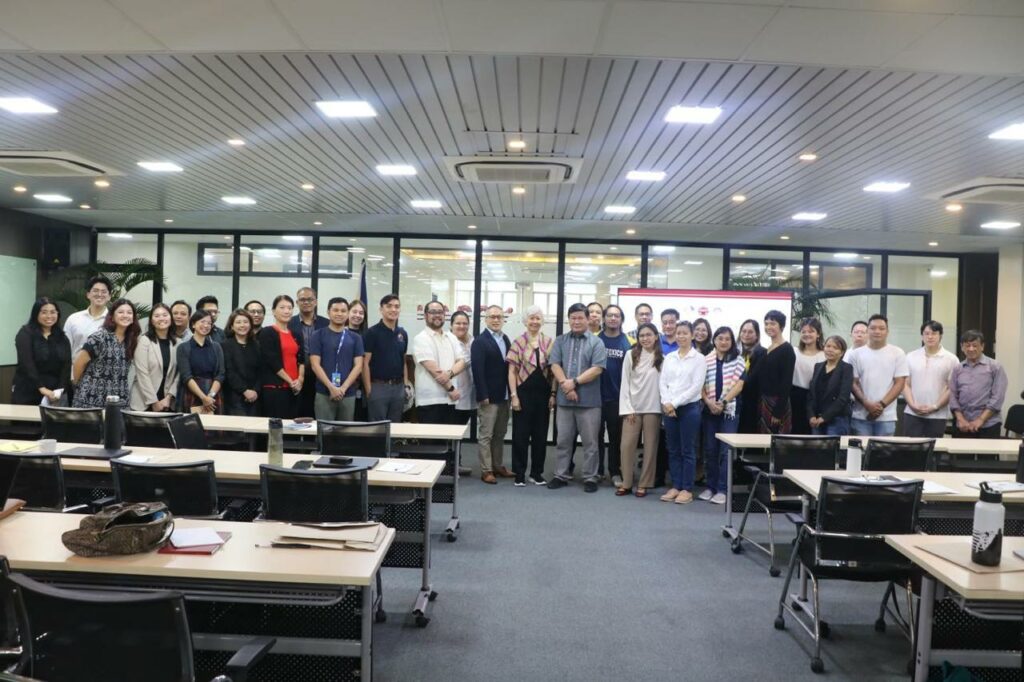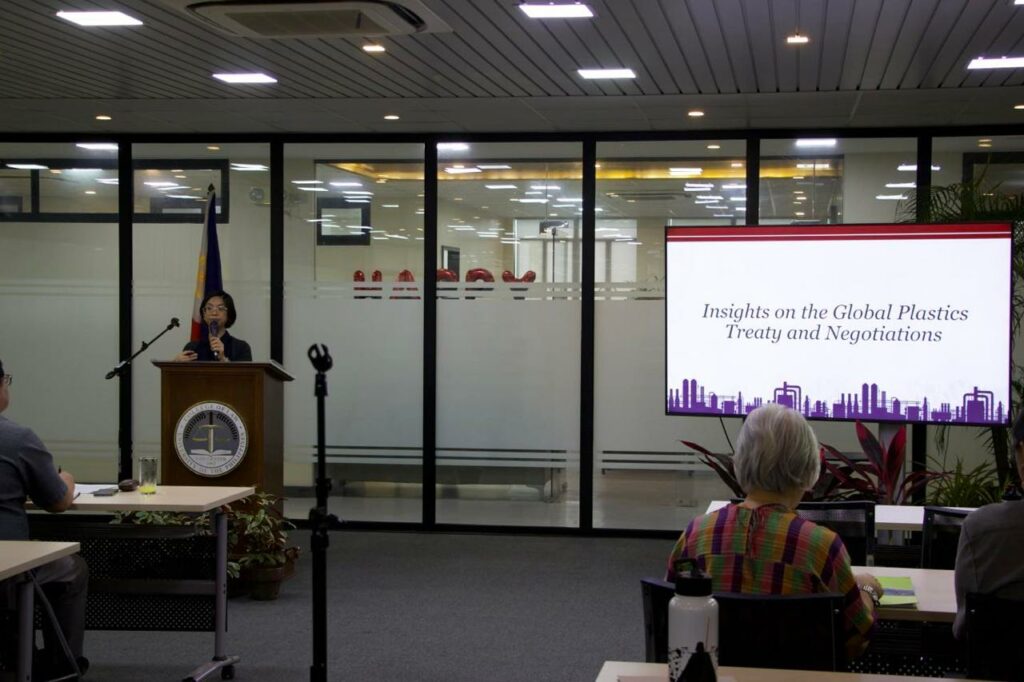This research area will focus on the development, applicability, implementation, and effectiveness of multilateral environmental agreements at the global, Asia-Pacific, and Philippine levels. It aims to advance scholarship and informed dialogue on international environmental law and policy, particularly in relation to issues surrounding pollution and waste management, biodiversity, climate-induced disasters, ecosystems restoration and integrity, and conservation. Particular emphasis will be placed on climate change law and policy, including adaptation and resilience, loss and damage, and just transition strategies. The intersections of these matters with economics, social equity, and human rights, among others, will likewise be explored.
The Philippines’ long-standing commitment to international humanitarian law (IHL), and engagement with the rest of the international community on the development of IHL rules, is evident in its legal history. It acceded to the four (4) 1949 Geneva Conventions in 1952; the 1977 Additional Protocol (II) in 1986; the 2005 Additional Protocol (III) in 2005; and the 1977 Additional Protocol (I) in 2012. It likewise acceded to the 2000 Optional Protocol on the involvement of children in armed conflict in 2003. The Philippine likewise has three IHL-specific laws enacted in the last 15 years. This research area will focus on the local implementation of IHL using the Philippine experience as a case study to contribute a nuanced and context-sensitive perspective from Asia-Pacific on contemporary humanitarian issues. It also seeks to provide tool for policymakers, academics, political leaders, and other stakeholders in addressing IHL issues that may be uniquely shared by states within the Asia-Pacific region.











































































































 on the upper right corner to select a video.
on the upper right corner to select a video.